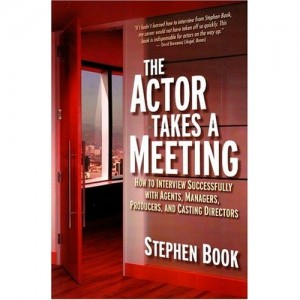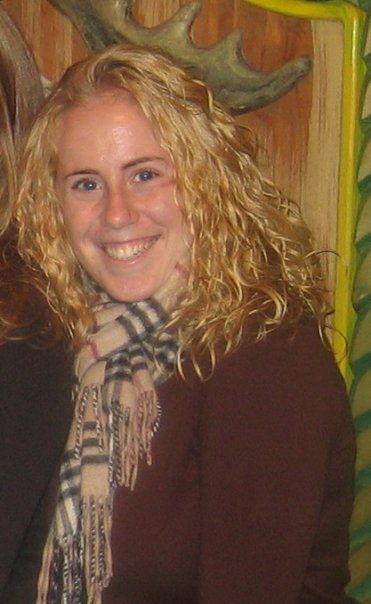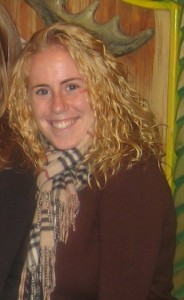by J. Michael DeAngelis, Career Services Librarian and Information Resources Specialist
Today we’re launching a new feature on Penn & Beyond that will highlight many of the print resources that we have on hand in the Career Services library. Stop in and browse through these titles and the hundreds of others we have in our catalog. When classes are in session, library hours are M-W 9am-6pm and TR-F, 9am-5pm. After classes end, our hours are M-F 9am-5pm. We begin this series with a look at books for students interested in the performing arts.
There’s no set way to enter into a career in the performing arts. Some people struggle for years to be able to make a living in the field, while others seem to have overnight success or “lucky breaks.” Entering into the performing arts – whether you be an actor, a director, a dancer, a writer, a designer or even an aspiring casting agent – requires a lot of dedication and perseverance. Luckily, we have several resources in our library that can help you make a game plan.
 The Actor Takes a Meeting by Stephen Book (Silman-James Press, 2006). Book, an acting teacher who felt that many of his students needed training in the art of the interview, developed this fascinating book directly from his workshop’s curriculum. The book details many different interview scenerios an actor may face including meeting with producers, casting directors, agents and managers.
The Actor Takes a Meeting by Stephen Book (Silman-James Press, 2006). Book, an acting teacher who felt that many of his students needed training in the art of the interview, developed this fascinating book directly from his workshop’s curriculum. The book details many different interview scenerios an actor may face including meeting with producers, casting directors, agents and managers.
Included are bits of background information on how meetings like these come about and examples of successful meetings (often laid out in actor-friendly script format). This is a very unique book that takes a look at a side of the acting business that is sometimes over looked.
Hit the Ground Running: The First Years of Your Acting Career by Carolyne Barry (Carolyne Barry Creative Enterprises, 2010). Ms. Barry presents herself as a jack-of-all-trades in the performing arts: actor, teacher, casting director, director and producer. In Hit the Ground Running, Barry lays out some useful advice on planning your expenses, setting timelines, seeking day jobs, joining unions and more. Along with the standard audition tips and “insider” information on auditioning and branding yourself, this book gives you a good day-to-day glimpse at what it takes to be a working actor.
How to be a Working Actor by Lynne Rogers and Mari Lyn Henry, forward by Joe Mantegna (Back Stage Books, 2008). The title really says it all. This is another good book for those specifically looking into going into acting. It focuses a little more on the craft – auditioning, going to workshops, getting into a union, getting the right headshots, etc, but it also has some specific tips for those who want to work in the theater, where Hit the Ground Running focuses more on film and television careers. Plus, how can you not love a book with a forward by Fat Tony himself?

We have two directories in the library that will be helpful to those seeking any sort of theater job – from acting to stage management to directing and designing: The Regional Theatre Directory (Theater Directories, 2007) and the Summer Theater Directory (Theater Directories, 2005). These guides are superb listings of regional theaters that provide contact information for job hunters. Both directories detail the kind of shows that the theaters put (big, splashy musicals; small scale dramas; children’s theater; etc.) on and supply typical job postings for the season. Sadly, these directories are a few years old and new editions are not available. However, these are great starting off points, especially for those seeking summer employment in a theater. Browse the books and then double check the contact information online.
Finally, a book that examines what you can do with your theater major: Great Jobs for Theater Majors by Jan Goldberg (McGraw-Hill, 2005). Some of the choices are obvious – actor, acting teacher – but there’s still good advice in here about moving into fields such as casting, theater management and publicity. The book includes decent resume and cover letter samples as well as profiles of those working in the business, such as respected lighting designer Dennis Parichy.
These are just a few of the books on performing arts careers available in the Career Services library. Drop by and take a look at these selections and others! Readers interested in this column may also find an other post of mine useful – “Don’t Quit Your Day Job” – about the importance of finding a job where you are flexible to pursue your dreams and your skills as a theater artist can be put to use.
We’ll be highlighting another career field in a future By The Book column soon!









